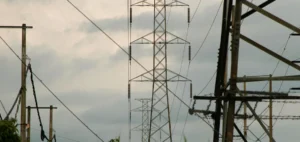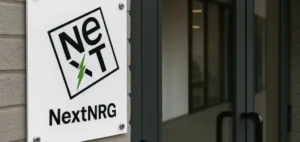A team of researchers from the American University of Rochester announced in the journal Nature the discovery of a superconducting material at room temperature, i.e. at 21 degrees Celsius. This discovery, if confirmed, could be a huge step forward for research in an area that is crucial for many scientific and industrial applications.
The challenges of superconductivity
The practical applications of superconductivity are numerous, but the main challenge is to find an economically viable superconducting material that does not require expensive and complicated cooling. Until now, superconducting cables or magnets using this property require cooling with liquid nitrogen or helium to temperatures well below -200 degrees Celsius.
The discovery of a superconducting material at room temperature
In 2015, scientists discovered materials that become superconducting at higher temperatures, around -75 degrees Celsius, but only when subjected to a pressure of more than 15 million bars, as many times that of the Earth’s atmosphere. However, a team of researchers from the American University of Rochester announced the discovery of a superconducting material at 21 degrees Celsius. This material, a lutetium hydride “doped” with nitrogen, achieves superconductivity at a pressure of only 10,000 bars.
The remaining challenges
While this discovery is promising, challenges remain. The journal Nature had withdrawn a previous study from 2020 on the discovery of a material becoming superconducting at 15 degrees Celsius and a pressure of more than 2.5 million bars, because of questions about its data calculation methods. It is therefore essential that this experiment be replicated in another independent laboratory. Moreover, there are still uncertainties about the crystal structure of the material, which will have to be clarified to advance the theoretical work on superconductivity.
The discovery of a room temperature superconducting material is an important step in the search for economically viable solutions for many scientific and industrial applications. However, further research is important to confirm this finding and overcome the remaining challenges.






















